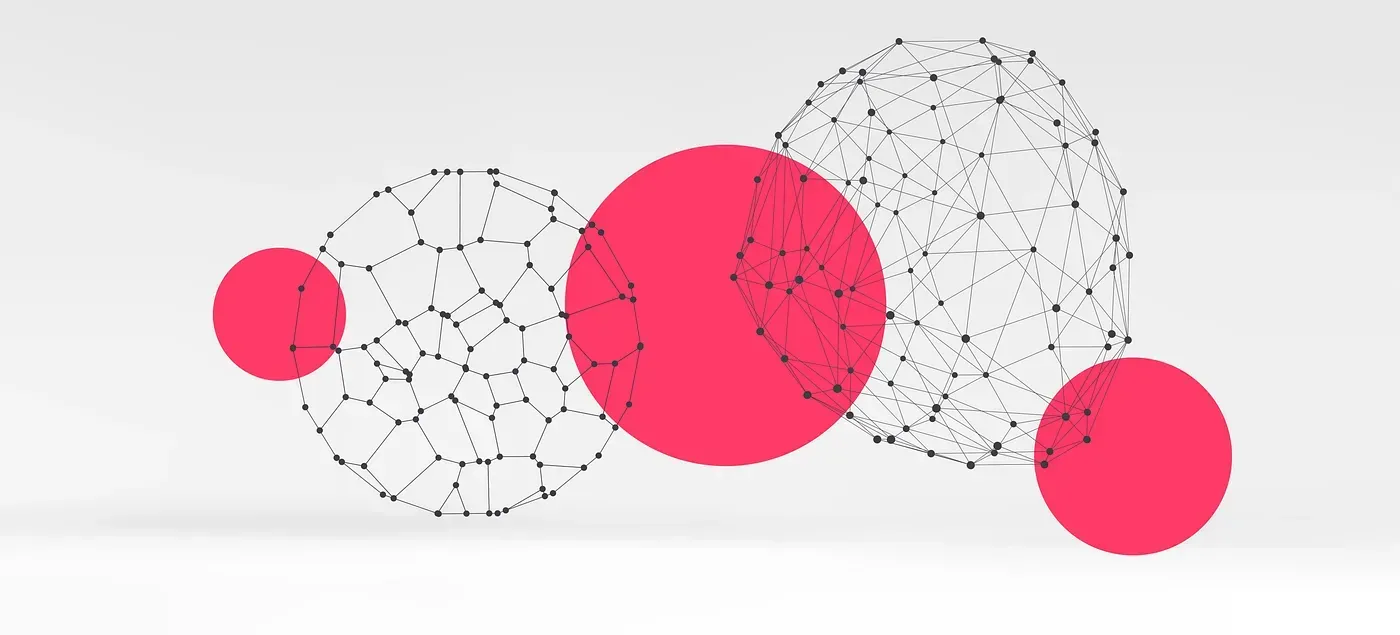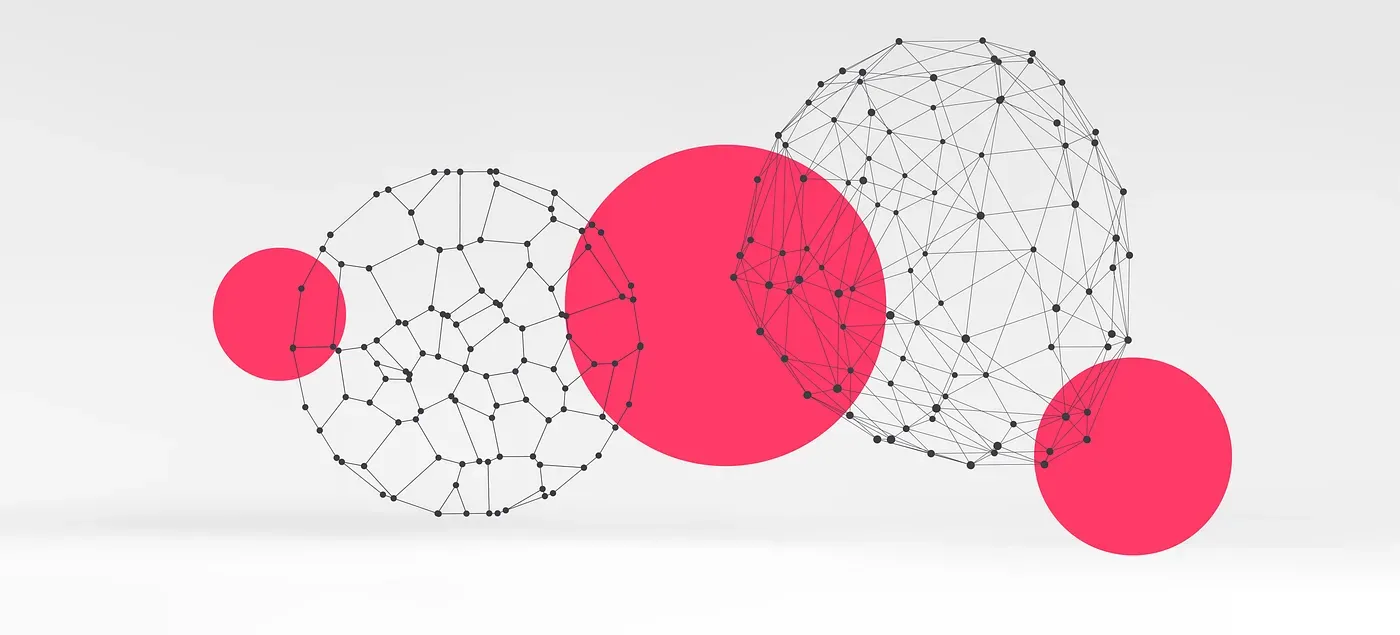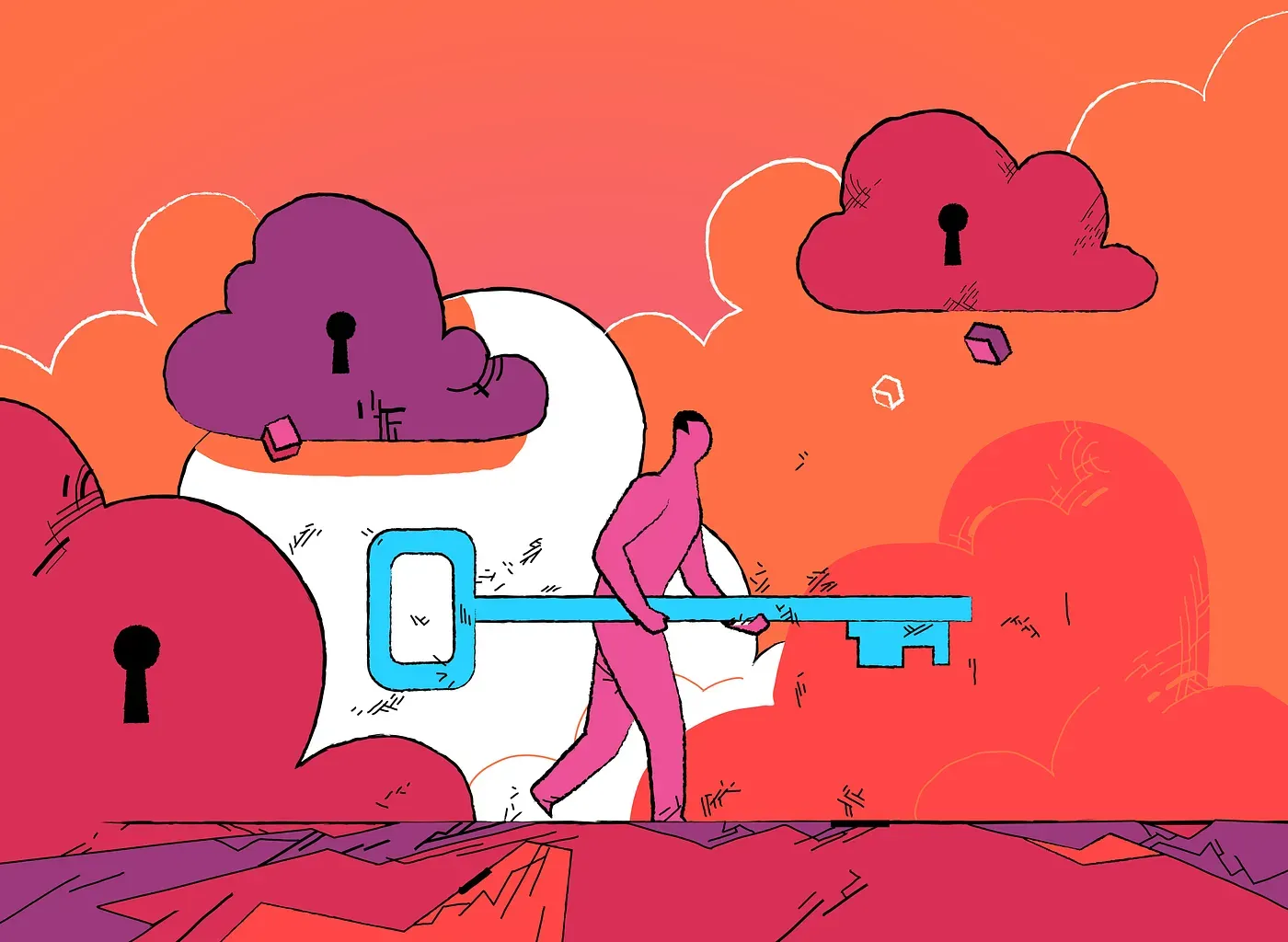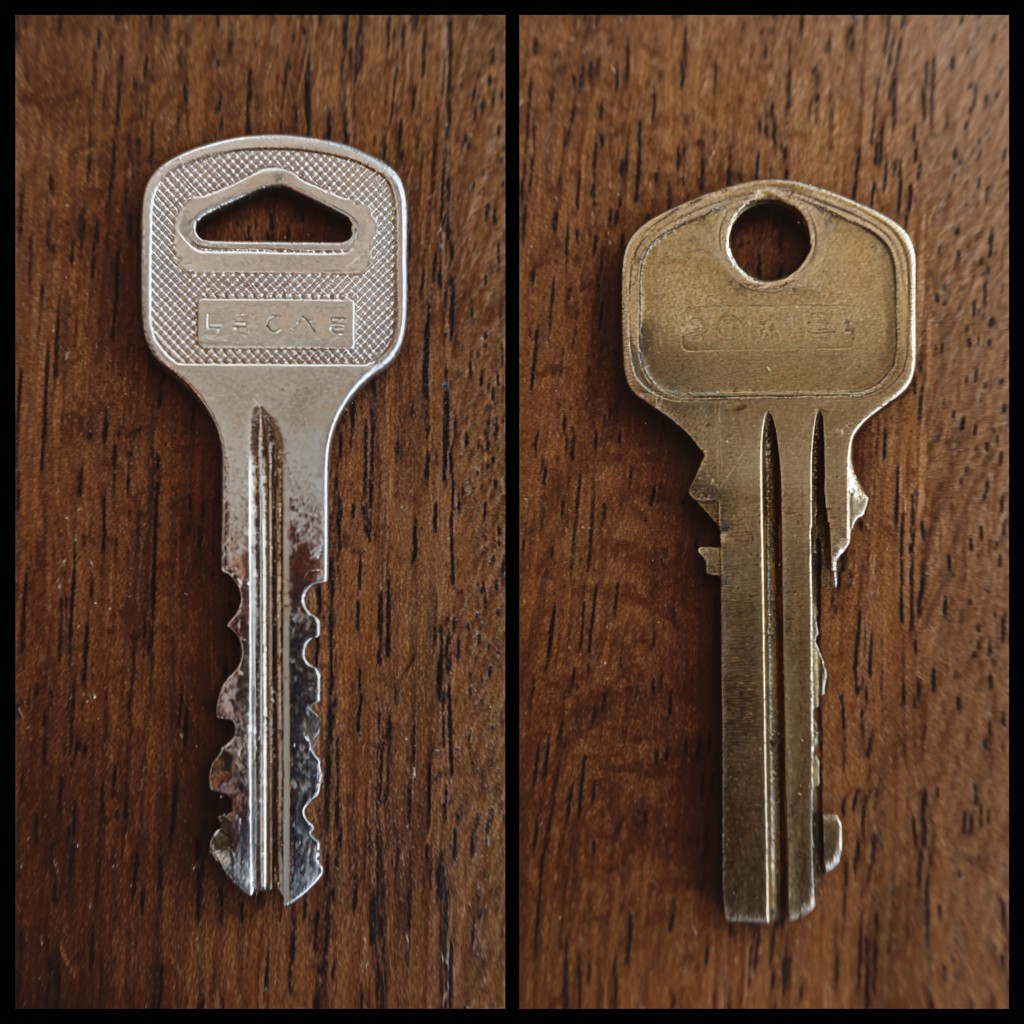
Decentralization Ensures Privacy and Security

Centralized Structures
Managed by a central authority, these structures operate according to the rules that are set by that authority. Numerous central structures are ingrained in our traditional, everyday lives including databases, health systems, financial systems, and fintech technologies. For instance, central banks in many countries function as central authorities responsible for making monetary policy and controlling the supply of money. Central banks are responsible for making the necessary policy decisions to maintain price stability and for operating the exchange rate and payment systems properly. What makes these authorities authoritative is, to an extent, our own lack of experience with alternative modes of governance. We constantly hear the term “globalization”, and we believe that the internet has facilitated the removal of borders between countries. However, we leave fundamental parts of daily social interaction, such as money, to the oversight, even manipulation, of authorities.
Decentralized Structures
By contrast, these structures do not depend on a center or an authority. They are organic structures which subsist without managerial initiative and produce observable decisions. They cannot be stopped at will. Of course, Bitcoin has become the epitome for such structures. This peer-to-peer monetary system has been operating non-stop for 12 years and nobody exercises direct control over Bitcoin because it does not belong to any state. Bitcoin derives its strength and uniqueness from blockchain technology, the most advanced distributed ledger technology in existence.
Bitcoin could not exist without blockchain technology. Even if it could, it would be far removed from the concept of decentralization which forms the real source of Bitcoin’s strength.
Bitcoin=Blockchain is an incorrect definition, as Bitcoin is a decentralized cryptographic value that makes use of the blockchain infrastructure. Although often referred to as “digital money,” the correct term is cryptographic value. Many traditional solutions and products have been transformed by blockchain technology into a modern and powerful decentralized structure. As a result, blockchain technology is becoming increasingly relevant with use cases varying from smart contracts, healthcare integrations, voting platforms, supply chain proofs etc. Blockchain has provided numerous benefits to these systems. Transparency, security, and long-term availability are just a few of the benefits that blockchain technology offers. In fact, even governments started to favor solutions based on these technologies.
One of the most pressing problems that blockchain technology can help with is the security and the privacy of data. Because currently users have to rely on centralized third-parties for their data storage and distribution needs, which lacks exactly that — privacy and security.
Whether you are an individual, an institution, or a military unit keeping state secrets, privacy and confidentiality are your most fundamental rights. The only way to keep your data private is to avoid storing it with third parties and instead store it in online/offline areas under your control. Storing encrypted data that you are unlikely to access for an extended period of time comes with some possible risks. It is necessary to anticipate and mitigate risks such as the life of the data storage area, its damage, theft, loss, and password forgetting.

Conventional centralized cloud suppliers provide easy-to-use, cost-effective methods for storing all kinds of information; however, they still lack security and privacy. Unlike conventional solutions, with TransferChain your data gets encrypted, split into pieces, and distributed across a decentralized network. This process makes it impossible for even the employees of the company that established this decentralized structure to understand, let alone obtain, the type of data.
TransferChain provides unrivaled security and privacy protection for businesses of all sizes, thanks to it’s incorporation of blockchain and cryptography technologies that redefine industry standards in data storage and data transfer. It transforms the principle of “privacy,” which is a fundamental right of every individual, into a stable and powerful product that incorporates the inherent security benefits of blockchain.


